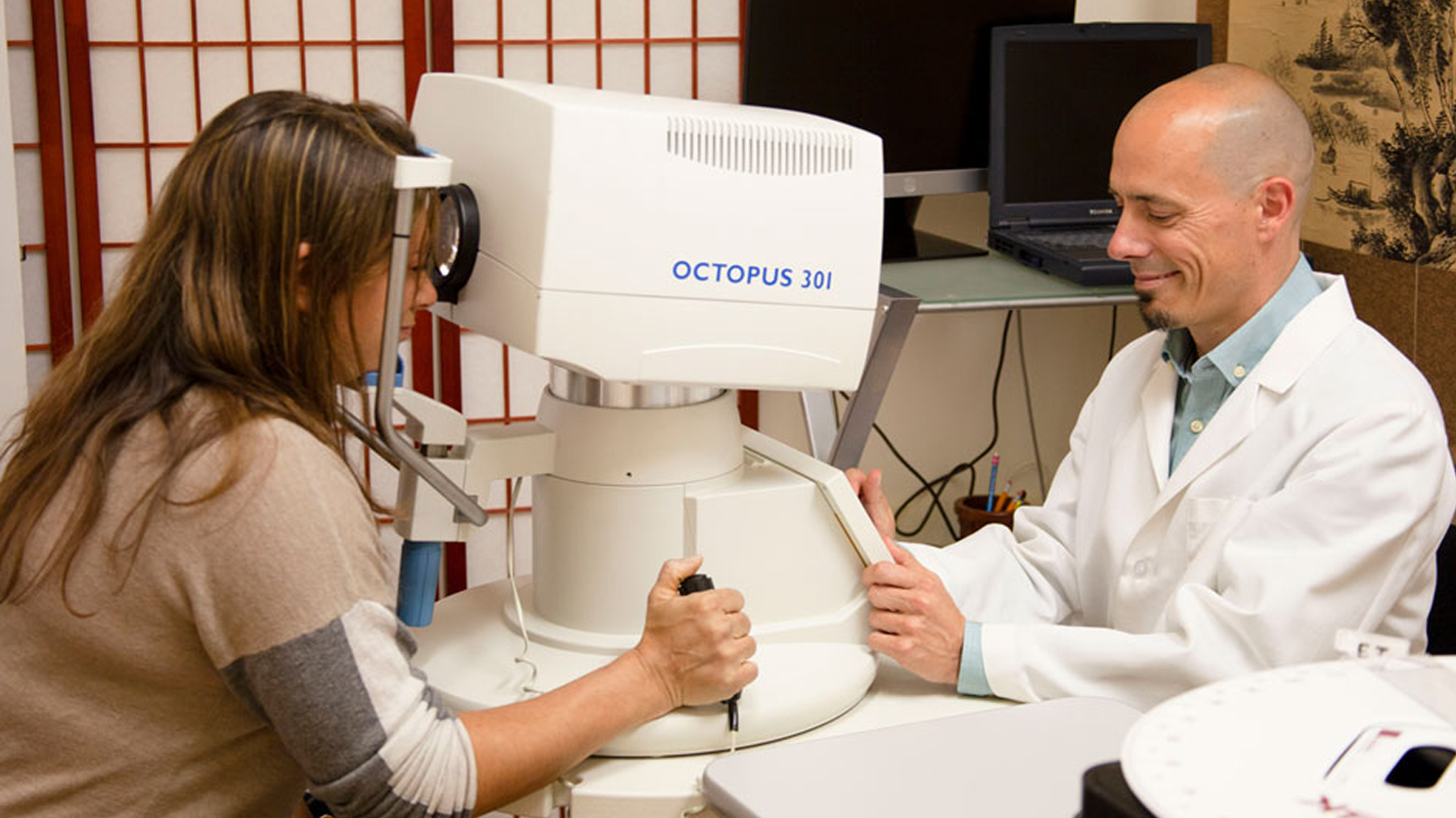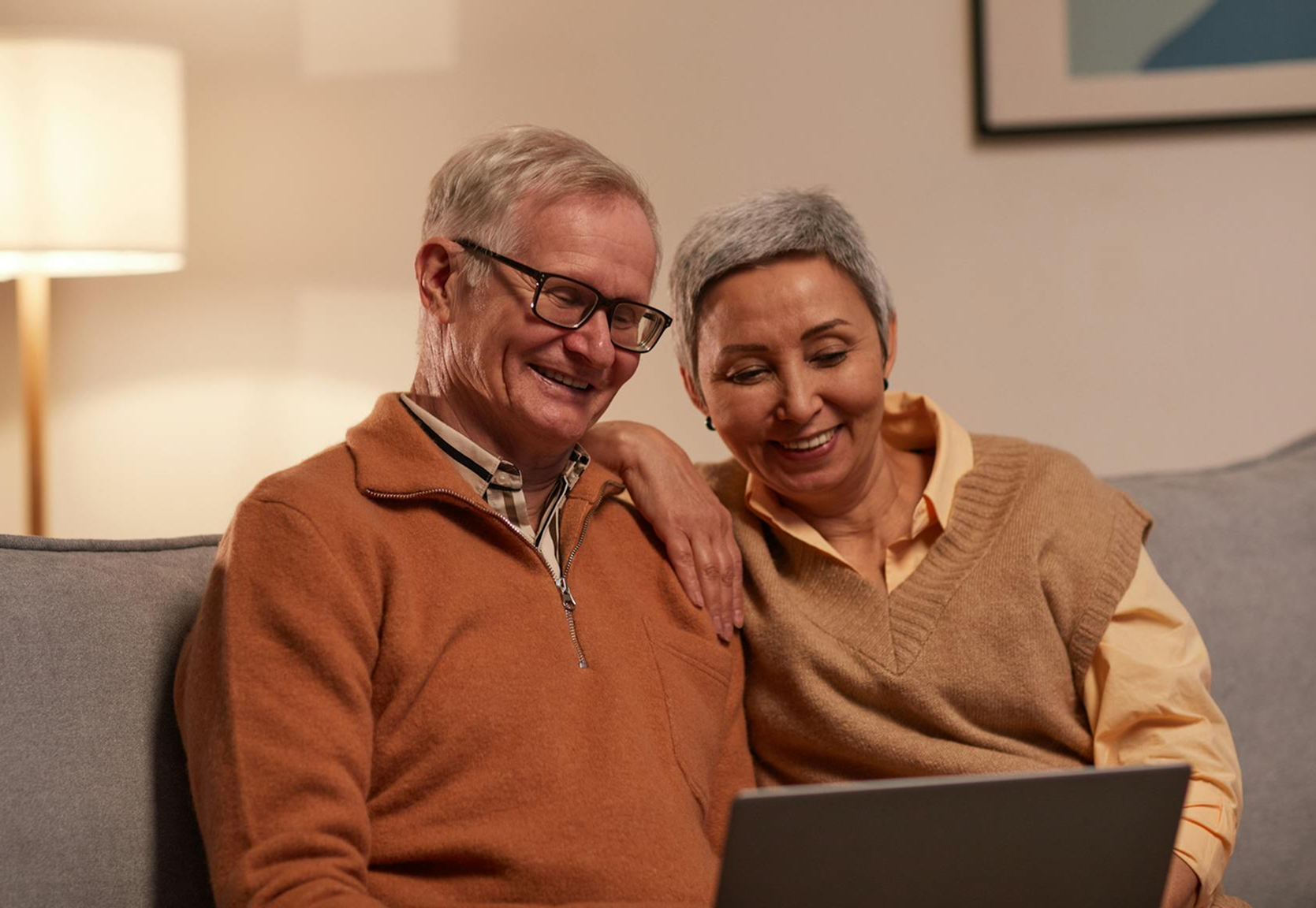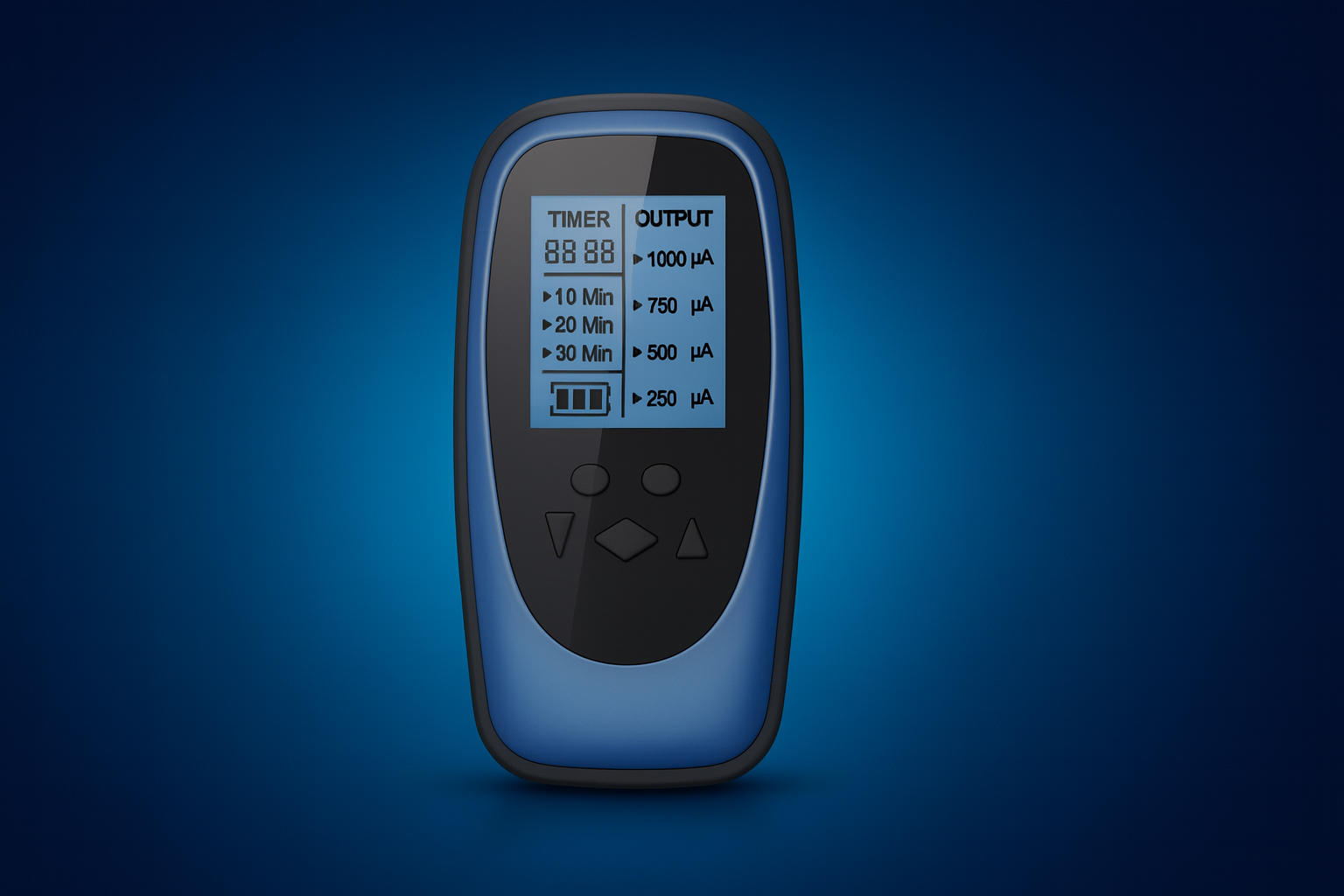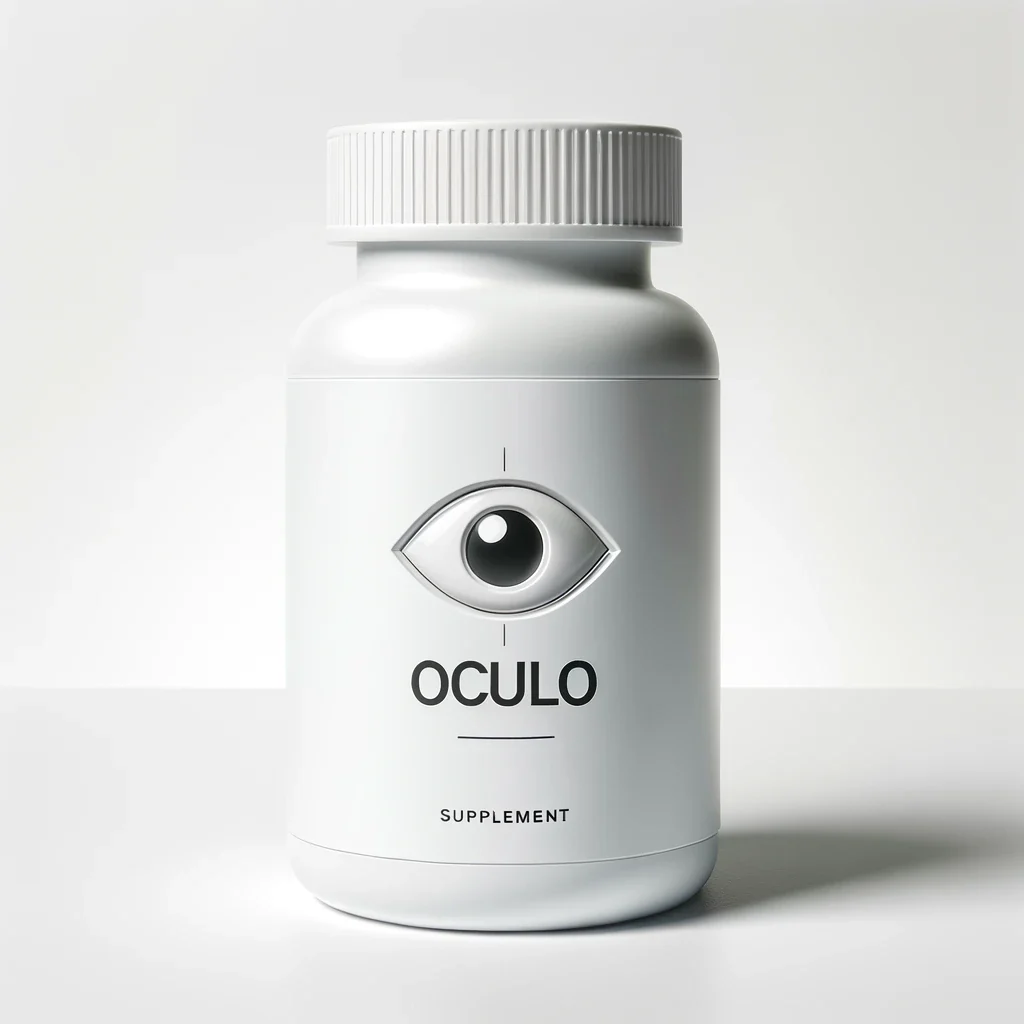Retinitis Pigmentosa Symptoms
Retinitis Pigmentosa (RP) affects the retina — the light-sensitive layer at the back of the eye.
Symptoms often begin subtly and progress gradually, but they can dramatically impact independence and quality of life.
Dr. Andy Rosenfarb explains that the variability of RP symptoms is one of the clearest signs that RP is not just genetic. Environmental, immune, and lifestyle factors strongly influence how quickly and severely symptoms develop
Early Symptoms of RP
The first signs often appear in adolescence or early adulthood:
- Night Blindness: Trouble seeing in dim light or at night.
- Slow adaptation: Difficulty adjusting when moving between light and dark environments.
Night blindness occurs because RP first damages the rod cells, which are responsible for vision in low light.
Mid-Stage Symptoms
As RP progresses, the following symptoms appear:
- Tunnel Vision: Peripheral vision narrows, making it harder to navigate or notice objects off to the side.
- Increased Light Sensitivity (Photophobia): Bright light may feel overwhelming.
- Clumsiness or accidents: From difficulty perceiving surroundings.
Advanced Symptoms
- Progressive Peripheral Vision Loss: Tunnel vision becomes more pronounced, leaving only central vision.
- Cone Cell Involvement: Later stages affect cones, leading to reduced color and central vision.
- Possible Severe Vision Loss: While some patients lose most functional vision, many retain some central vision into later life.
Why Symptoms Vary
Even patients with the same genetic markers can experience RP differently.
This supports Dr. Rosenfarb’s view that autoimmunity, epigenetics, and lifestyle factors play key roles in disease progression.
How Symptoms Affect Daily Life
- Night blindness limits driving at dusk or night.
- Tunnel vision makes it difficult to navigate crowds.
- Light sensitivity interferes with work or outdoor activities.
- Progressive loss creates emotional and psychological stress.
Holistic Support for RP Symptoms
While conventional medicine has few solutions, Dr. Rosenfarb uses a holistic approach to support patients:
Acupuncture
Improves blood flow, reduces inflammation, and supports retinal function.
Functional Medicine
Addresses gut health, autoimmune triggers, and systemic inflammation.
Nutrition & Herbal Therapy
Provides antioxidants and essential fatty acids to protect photoreceptors.
Next Steps
If you or a loved one are noticing symptoms of RP:
- Learn about causes of RP.
- Explore the autoimmune connection.
- Schedule a Telehealth consultation with Dr. Rosenfarb to discuss supportive treatment.
Treatment Solutions for
Choose the treatment approach that fits your life
Whether you prefer hands-on care, convenient telehealth visits, or self-guided learning, we have multiple ways to help you manage .

In-Office 2 Weeks to Better Vision
Combining acupuncture, laser therapy & diagnostics at Dr. Rosenfarb's office in New Jersey. 90% of patients see measurable vision improvements.
Learn more
One-on-One Telehealth Sessions
One-on-one virtual sessions with Dr. Rosenfarb. Get personalized assessment and custom treatment plan from home.
Learn more
At-Home 12-Week AcuVision Program
Dr. Rosenfarb's 12-week step-by-step system. Live Q&A, guided exercises, and comprehensive approach to vision recovery.
Learn more
Alternating Current Micro Stimulation (ACS)
At-home micro stimulation system developed by Dr. Rosenfarb. Clinically proven at-home therapy to reactivate dormant eye cells.
Get ACS-3000
Eye Health Supplements
Scientifically-formulated supplements chosen by Dr. Rosenfarb to nourish your eyes and support healthy vision recovery.
Get supplements
